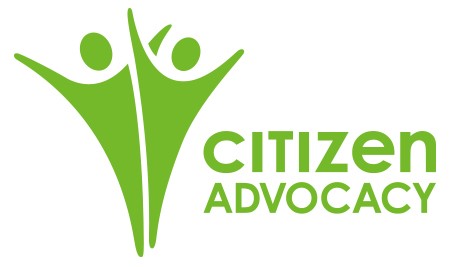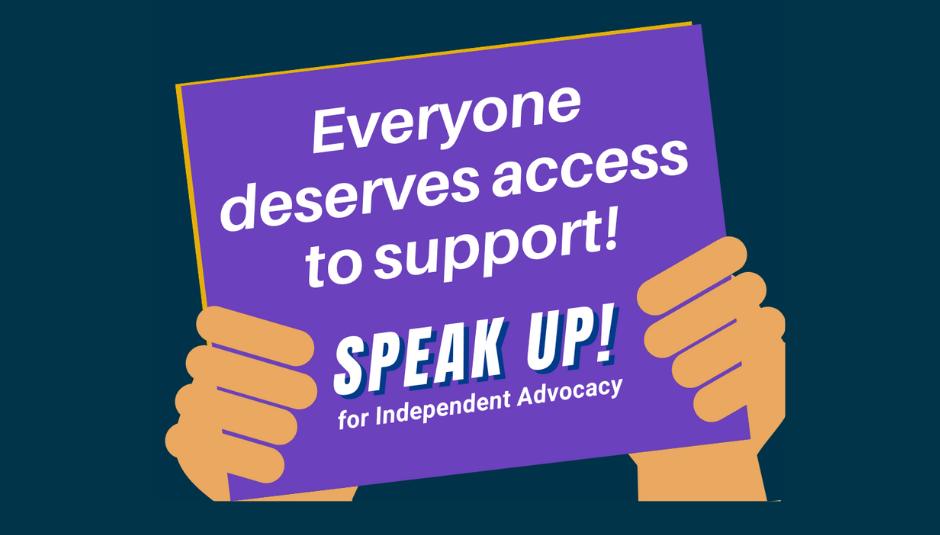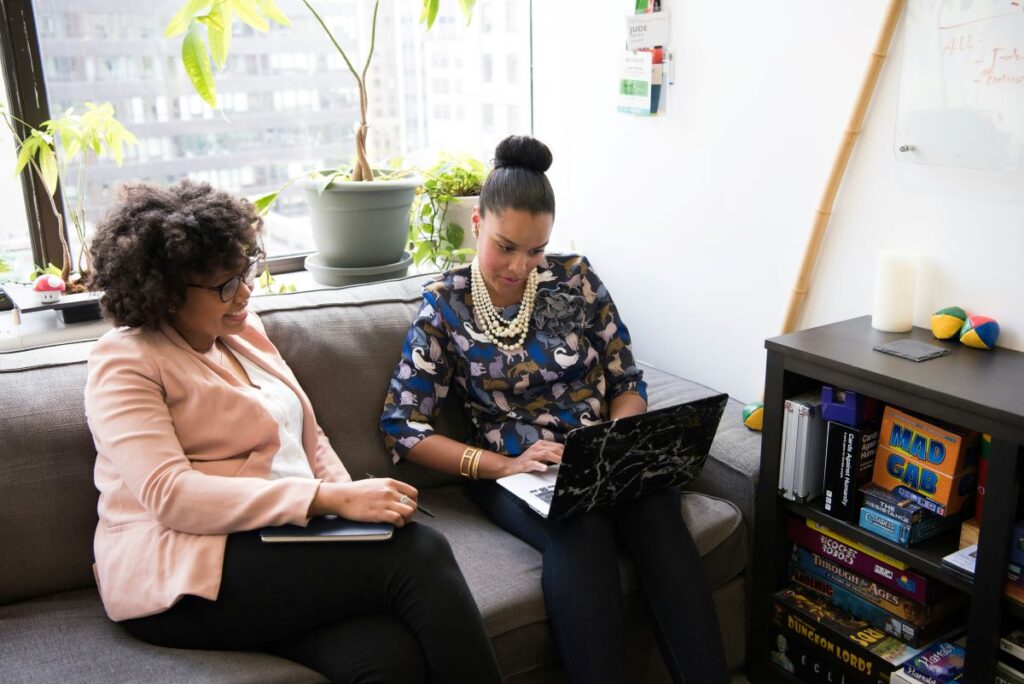Addressing the Critical Need for Increased Funding in Australia’s Independent Advocacy Sector.
Australia’s independent advocacy sector plays a vital role in empowering individuals, enabling them to have their voices heard. With over 80 organisations dedicated to supporting people with disability represented by Disability Advocacy Network Australia (DANA), this sector is instrumental in fostering inclusion, safeguarding rights, and navigating the unique challenges faced by individuals throughout Australia.
The sector however, is currently grappling with a significant challenge – chronic underfunding. Financial strain limits the reach and impact of organisations, hindering their ability to provide essential support to those who need it the most. Advocacy organisations don’t receive sufficient funding to meet demand and statistics show that every second person with disability can’t access advocacy supports when they need them.
The State of Independent Advocacy in Australia
Independent advocacy organisations play a key role in fostering a society where everyone’s voice matters. These organisations work tirelessly to support individuals with disability, ensuring they have the necessary assistance to navigate complex systems, assert their rights, and actively participate in decision-making processes.
The Funding Dilemma
Despite the undeniable importance of their work, these advocacy groups face a constant struggle for financial resources. Limited funding hampers their capacity to expand their services, reach more individuals in need, and provide sustained support over extended periods.
The Impact on Individuals with Intellectual Disability
Individuals with intellectual disability often face significant barriers to effective communication and self-advocacy. Independent advocates act as bridges, helping them navigate bureaucracies, understand their rights, and ensure their voices are not drowned out. However, insufficient funding poses a direct threat to the availability and quality of these advocacy services.
How Increased Funding Can Make a Difference
Expanding Reach:
With additional funding advocacy organisations can expand their outreach efforts. This work can help find and support people who may not be able to access advocacy supports themselves, such as those in group homes or boarding accommodation. More resources could mean more dedicated advocates, allowing them to connect with and assist a greater number of people with disability.
Enhanced Support Services:
Adequate funding allows for the development and improvement of support services tailored to the unique needs of each individual. This may include personalised advocacy plans, educational resources, and ongoing assistance.
Long-term Sustainability:
Sustainable funding ensures the longevity of advocacy programs. This stability is crucial for people with disability, as they often require ongoing support to address changing circumstances and challenges.
Training and Development:
Increased financial support can be allocated to training advocates and staff, ensuring they possess the skills and knowledge necessary to provide effective and empathetic assistance to those in need.
It is imperative for the Australian government and relevant stakeholders to recognise the urgency of addressing the underfunding crisis in the independent advocacy sector. By investing in organisations like Citizen Advocacy, we can pave the way for a more equitable and empowered society where every individual, regardless of ability, has the opportunity to be heard and supported.
Because everyone deserves access to support when they need it.




